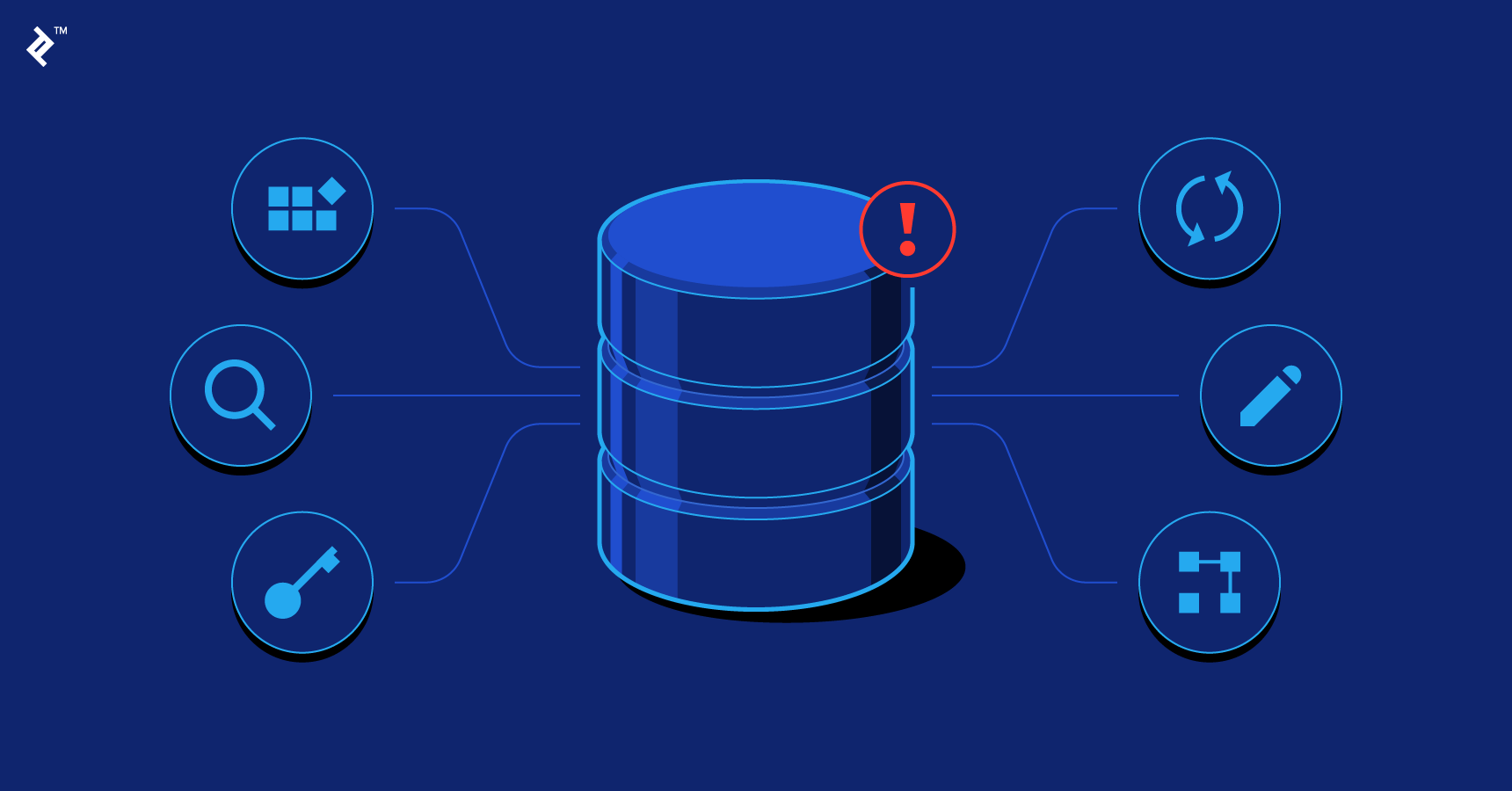RDBMS, DBMS, SQL, and NoSQL
R DBMS, DBMS, SQL, and NoSQL are terms that are commonly used when working with databases. Understanding the differences and similarities between these terms can help users choose the right tools and technologies for managing and manipulating data in databases.

DBMS, or Database Management System, is a software application that is used to create, manage, and manipulate data in databases. A DBMS provides a user-friendly interface and a set of tools and features that allow users to store, organize, and retrieve data from a database. There are many different types of DBMSs, including relational, non-relational, object-oriented, and distributed databases.
RDBMS, or Relational Database Management System, is a specific type of DBMS that is based on the relational model. The relational model is a mathematical model that organizes data into tables, or relations, with columns and rows. Each row in a table represents a single entity, such as a customer or a product, and each column represents a specific attribute of that entity, such as a name or a price. RDBMSs are the most common type of DBMS, and are used in a wide range of applications and industries.
SQL, or Structured Query Language, is a programming language that is used for working with relational databases. It is a declarative language, which means that users specify what they want to do, rather than how to do it. SQL is widely used and supported, and is the standard language for working with relational databases. SQL allows users to perform a wide range of operations on databases, including querying, data manipulation, and data integrity.
NoSQL, or "not only SQL," is a broad term that refers to a variety of non-relational database management systems. NoSQL databases are designed to be scalable and flexible, and are often used for working with large amounts of unstructured or semi-structured data, such as text, images, or social media data. NoSQL databases may use different data models, such as key-value, document, or graph databases, and may not support SQL or other standardized query languages.
Overall, DBMS, RDBMS, SQL, and NoSQL are important terms to understand when working with databases. They provide different tools and capabilities for managing and manipulating data in different types of databases, and the right choice depends on the specific requirements and needs of the task or application at hand.
